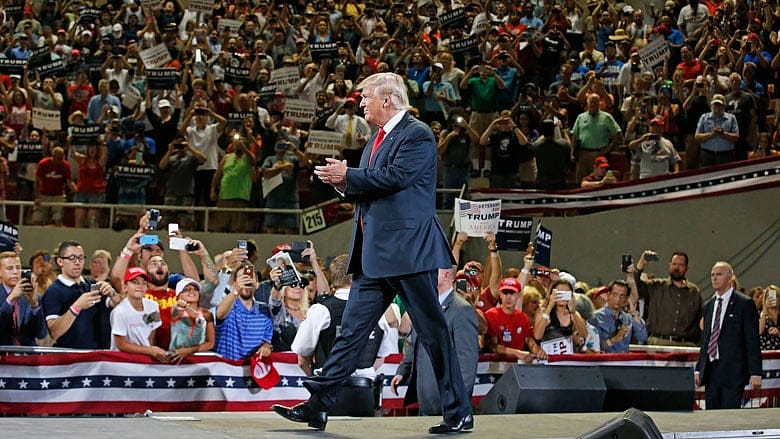2016: A Conservative Odyssey

With Donald Trump's rise to the top of the Republican presidential ticket, conservatives find themselves in an awkward position. For months, most of us could not conceive of a Trump candidacy as anything more than a flash-in-the-pan publicity stunt designed to produce ratings. Others believed the GOP's conservative "establishment" too entrenched to allow an inexperienced, undisciplined insurgent with a dangerous streak of self-indulgence to have any reasonable shot at the White House.
[perfectpullquote align="full" cite="" link="" color="" class="" size=""]RELATED: Night of the Old Republic[/perfectpullquote]

